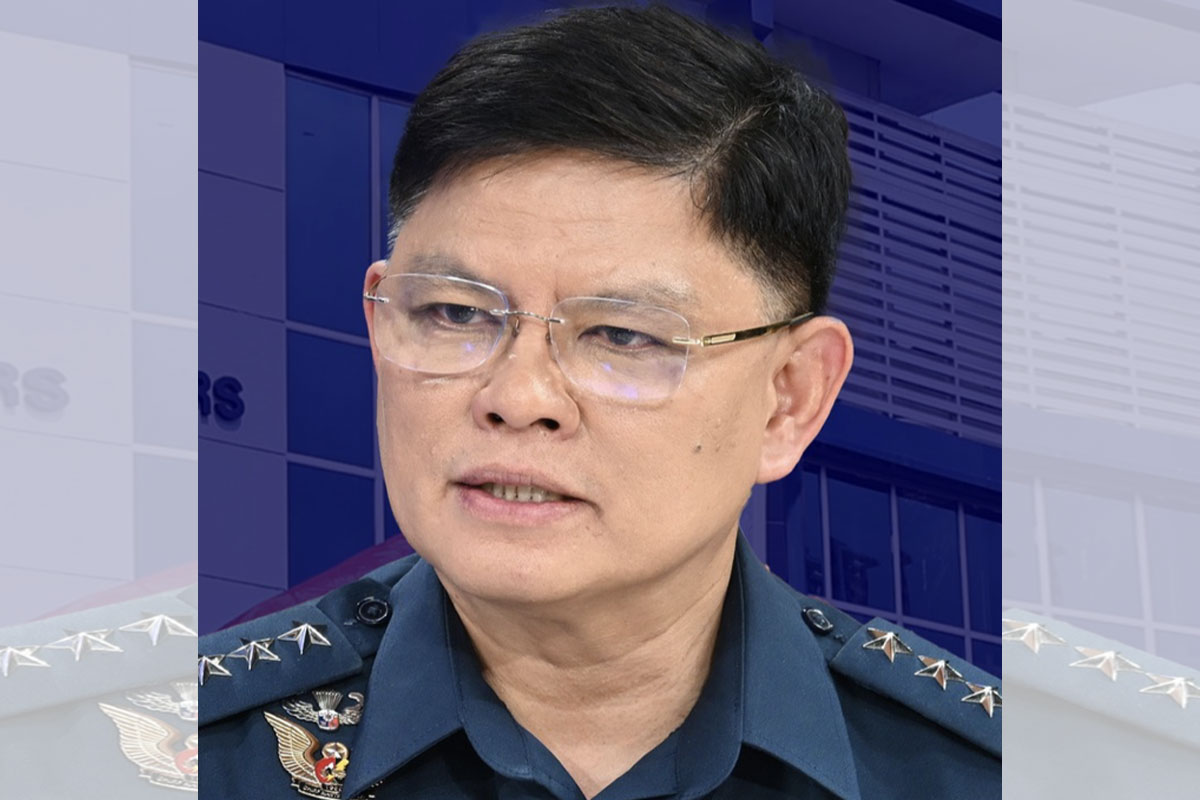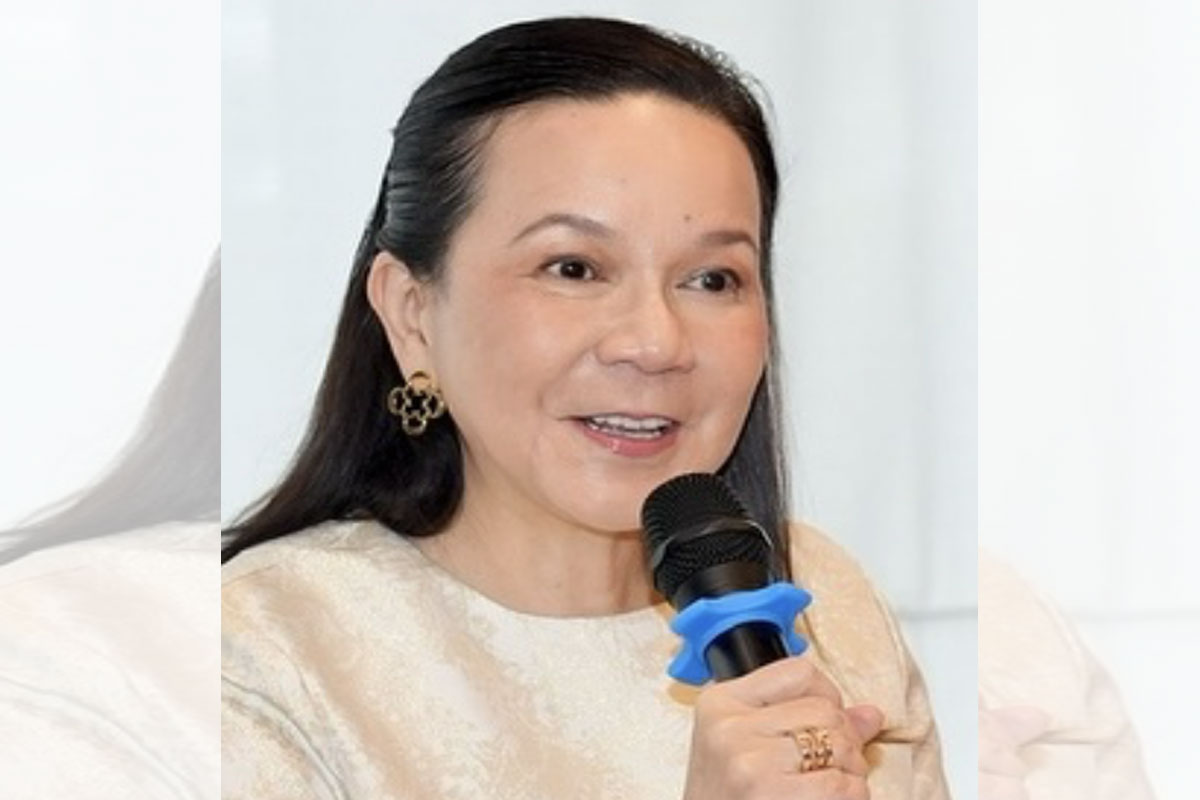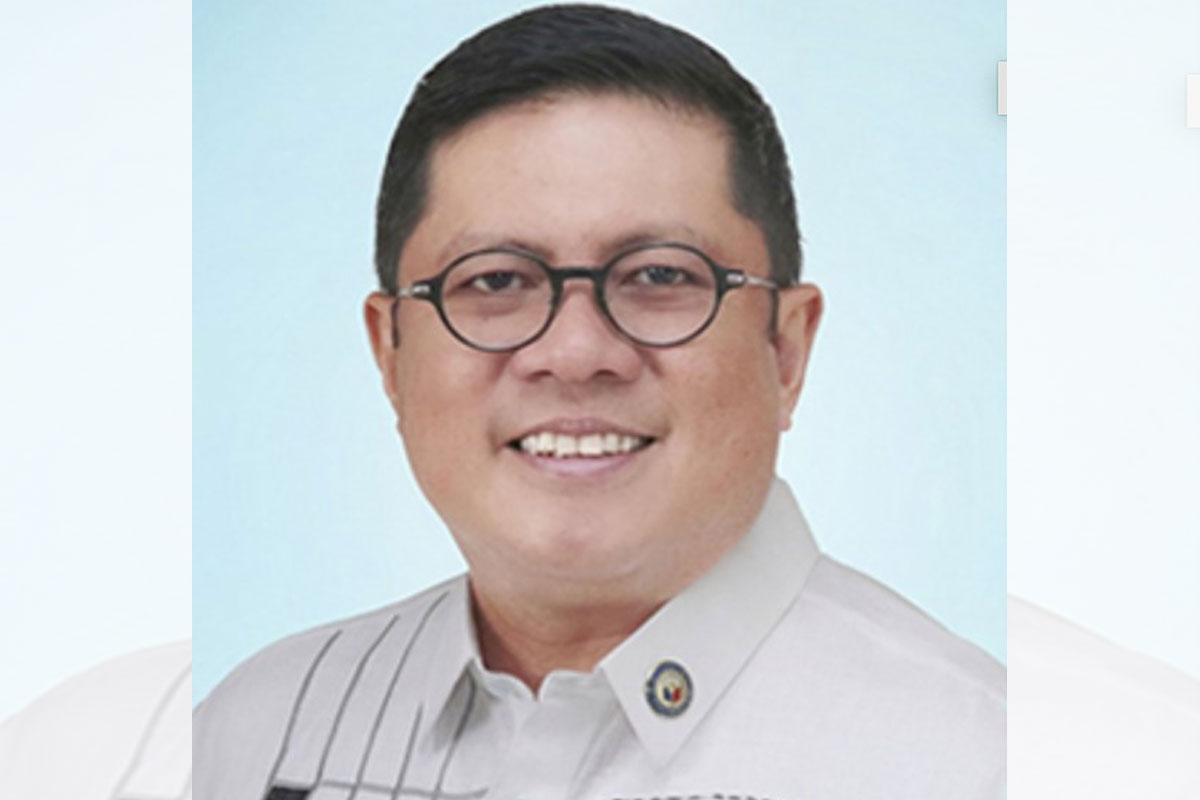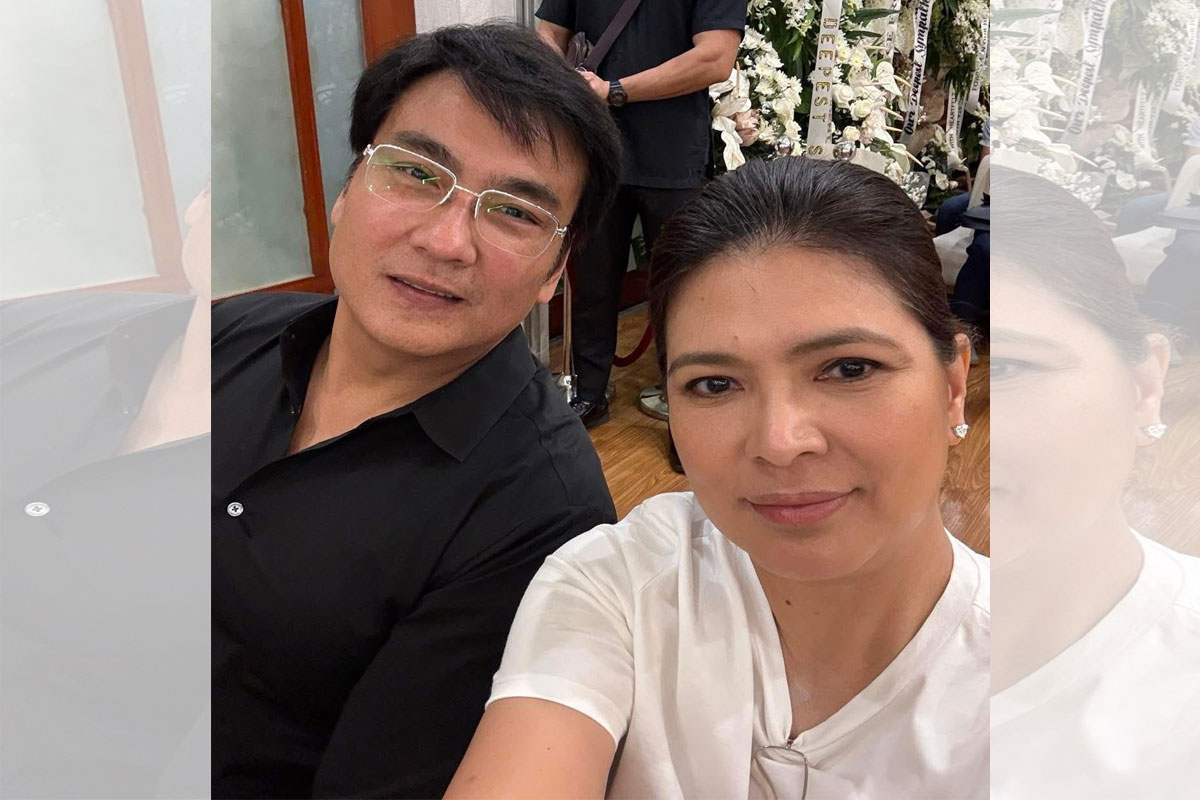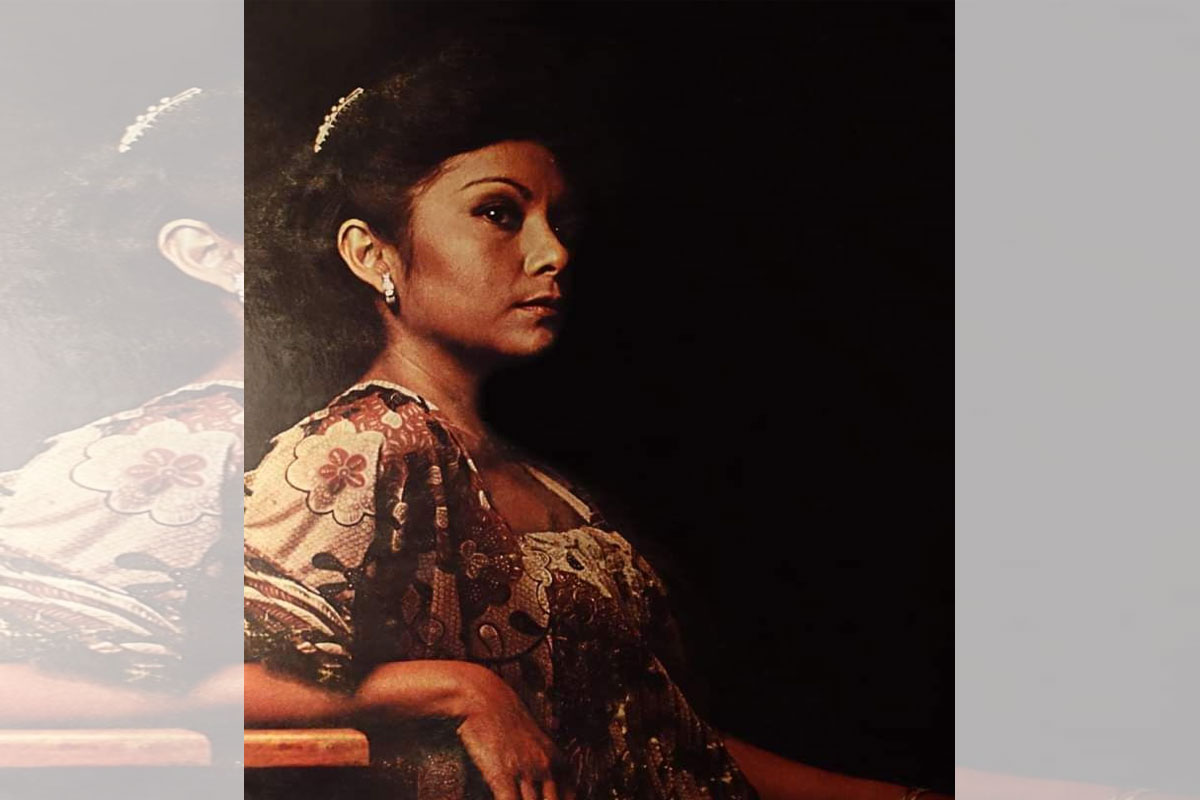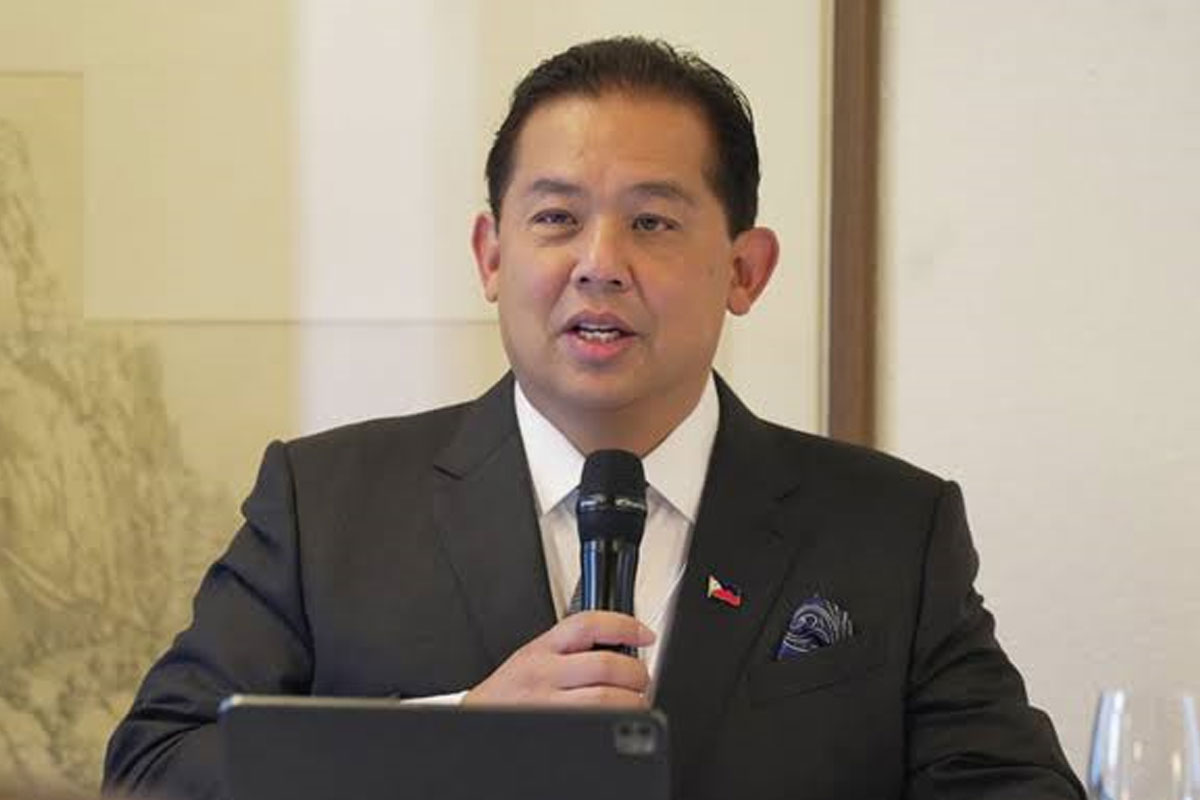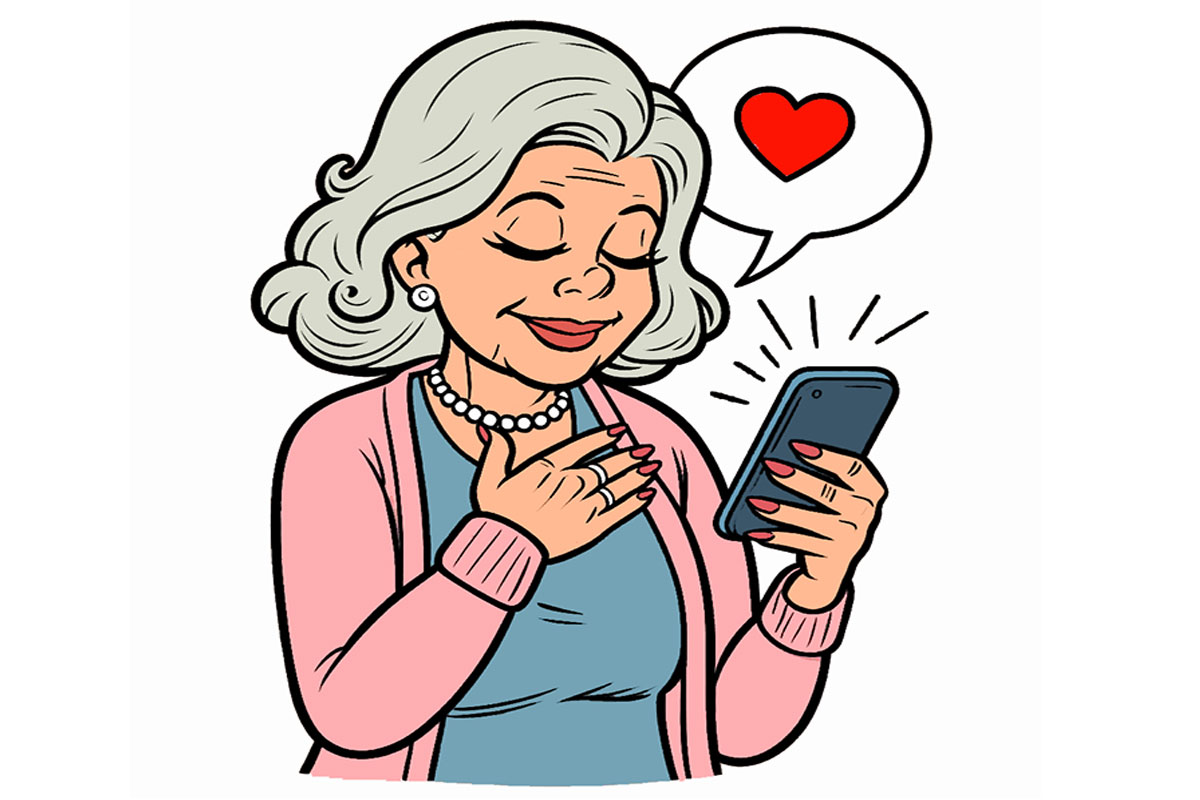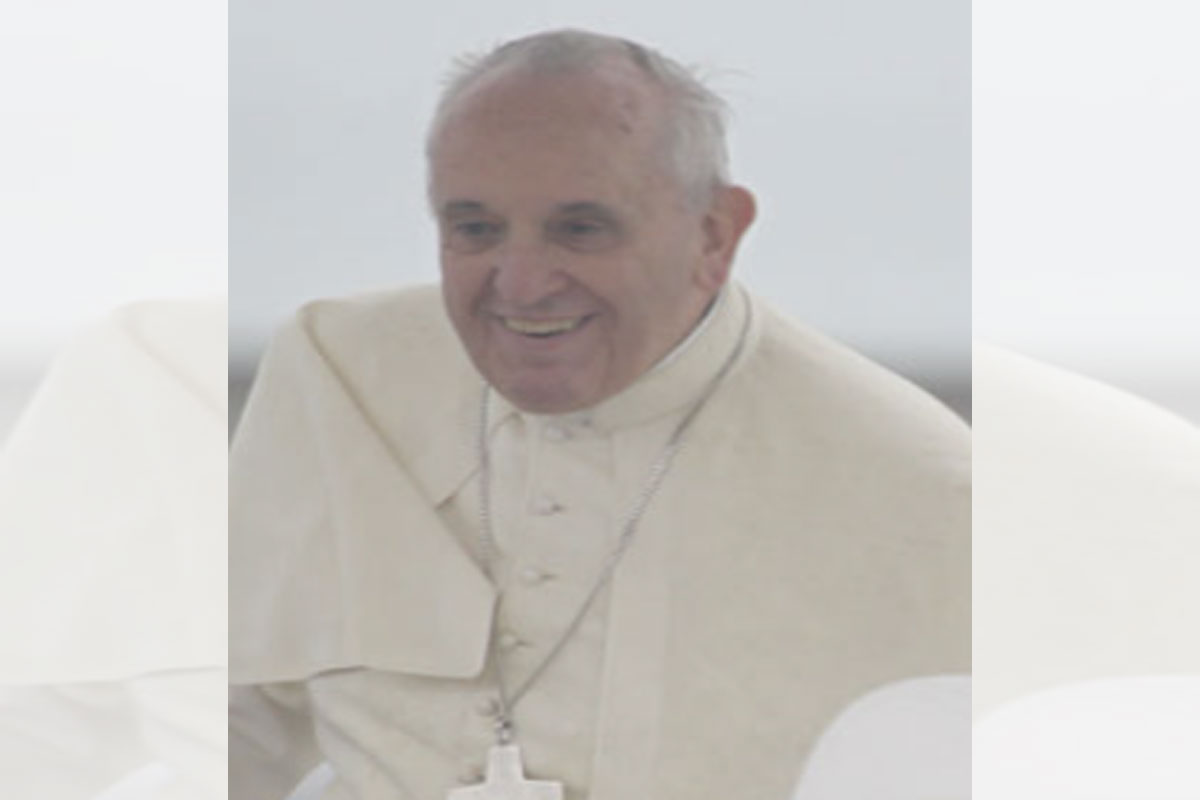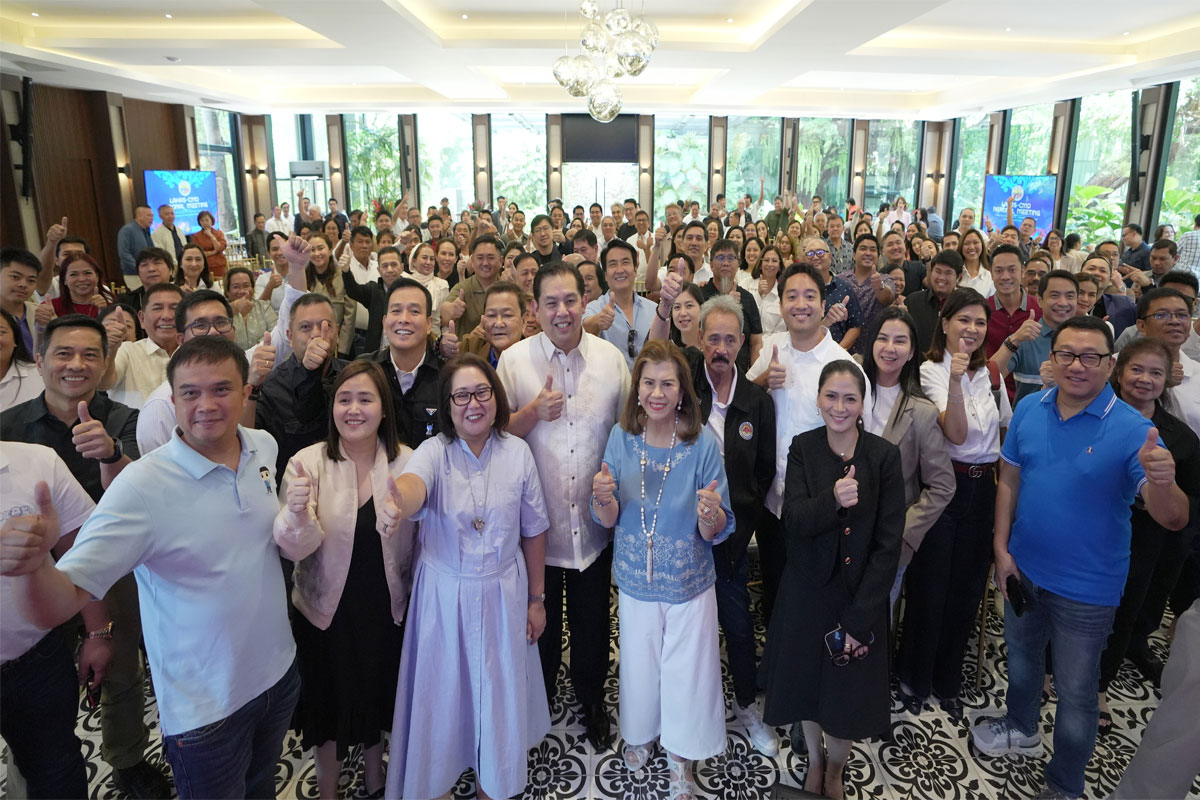
Standstill in Healthcare
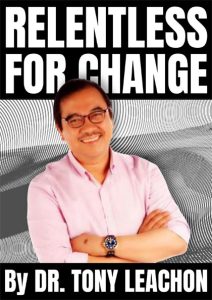 FAMILIES need to learn to talk about age, overall health , chronic irreversible illness and death in realistic terms – before it’s too late.
FAMILIES need to learn to talk about age, overall health , chronic irreversible illness and death in realistic terms – before it’s too late.
We need to be well prepared in life or even in our death. That’s the hard reality.
We often don’t want to talk or think about old age and mortality – neither our own or that of our loved ones. Often, we start thinking about final years and illness when it’s already too late, thus forcing ourselves to make hasty decisions and depriving ourselves of a dignified good-bye.
So we need to prepare ourselves.
We need to change.
We need to be empowered.
We need to plan ahead.
EMPOWERMENT in HEALTHCARE
In the political war about the Charter change , the patient is left with managing himself. He’s confused and drifting away. He has to be educated, engaged and empowered to face the huge challenges that we are confronted with. Hard work and dedication are the raw materials while strategic planning is the blueprint; together they construct the edifice of achievement.
We often seek the treatment that helps us live longest, even when it makes the remainder of our life miserable. Twenty-five percent of the US’s healthcare costs is for treatment of people who are in the final year of their life, even though they make up only five percent of all patients.
It’s important that you discuss the questions that come with age and irreversible disease openly with family and our friends, for example, by considering what “trade-offs” you’re willing to make on your sick- or deathbed. While some of these treatments are important and beneficial, many are hopeless attempts to prolong a fading life. Drawing out death often does more harm than good. In choosing a treatment, both patients and doctors often succumb to hopeful delusions.
Even when all the odds are against them, the patient and their family tend to anxiously await a miracle cure that almost certainly won’t come.
The medical community , sin tax coalition advocates , and the government agencies united in one extraordinary year by lobbying to raise taxes for cigarettes and alcohol to reduce the burden of noncommunicable diseases and give funds generated to DOH and Philhealth to fund the UHC law.
PROTECTING THE HEALTHCARE REFORMS
December 20, 2023 marks 11 years since the signing of the Sin Tax Reform Law, which, in my opinion, is the greatest health advocacy and the greatest piece of legislation ever signed into law in our country.
In that beautiful year of 2012, the bill that raises rates on tobacco and alcohol, known as Republic Act 10351, was passed. It had been languishing in Congress for 16 years, but with the joint effort of the medical community, civil society, and our champion legislators, we made this landmark legislation a reality for the benefit of millions of Filipinos today and far in the future.
Today, the coalition of passionate doctors and advocates known as the Sin Tax Coalition is still going strong.
Despite the many changes in the political landscape and through a pandemic, we remained steadfast in our commitment to upholding public health by raising taxes on tobacco, alcohol, e-cigarettes and heated tobacco products.
I used to work in the corporate world, but some of the people closest to me – my mother, my father, and my sister – all succumbed to non-communicable diseases. I decided to retire from the corporate world and repurpose my skills, energy, and passion to health advocacy work. I became a 1 peso consultant to Health Secretary Enrique Ona, which was also where I met former Undersecretary Ted Herbosa, who is now the Secretary of Health of this administration.
The WHO estimates that 7 out of 10 deaths in the Philippines are due to non-communicable diseases.
According to data compiled by the Philippine Statistics Authority from , the top five causes of deaths in the country are: ischemic heart disease, cerebrovascular disease including strokes and aneurysms, neoplasms or cancers, diabetes meliitus and chronic obstructive lung disease.
That is 500,000 deaths in a year, which is equivalent to about 3 jumbo jets crashing everyday. This has a negative effect on the country’s economy as we are losing about 7.56 billion pesos a year—almost 4.8% of our Gross Domestic Product.
Yet, the clamor for this epidemic is almost non-existent because unlike the epidemics we have faced before, non-communicable diseases do not exhibit a clear and present danger.
The road towards the passage of the Sin Tax Law in 2012 was wrought with many obstacles. Health advocates put in grueling hours speaking in front of Congress, talking to individual legislators, and demonstrating on the streets, all in the name of a healthier future for the Philippines. We found hard working champions in the government from the executive to the legislative. It was inspiring to see that everyone involved in the passage of this bill was willing to pull out all the stops because we knew that this reform would save the lives of millions of Filipinos for generations to come. Unfortunately, the person who signed Sin Taxes into law, former President Benigno Aquino III, passed away in 2021 from complications from diabetes, a non-communicable disease. The president himself was a smoker, but in spite, or perhaps because of this, he supported the sin tax reform.
SIN TAX LAW OF 2012
The working paper, “A Performance Review of Sin Tax Reforms in the Philippines from 2012 to 2020”, by Ken Abante, AJ Montesa, Lyonel Tanganco, Viviane Apostol, and Patrick Acupan, looks into different aspects of the promises and criticisms of the Sin Tax Law. We are able to take a necessary look back and understand how far we have come and how much further we need to go. The study tackles how the Sin Tax Law and the succeeding laws that followed have affected revenues, smoking and alcohol prevalence, tobacco-growing regions, and our health system. Sin Taxes are inexplicably tied to our dream of Universal Healthcare as a large portion of the revenues collected from Sin Taxes go towards funding healthcare for the poorest Filipinos.
Despite the gains from the sin tax reforms, no piece of legislation is without room for improvement. The COVID-19 pandemic showed us that our healthcare system, despite the skyrocket in the health budget, is still incredibly weak and fragile.
There are large gaps in our healthcare service delivery and the implementation of the Universal Health Care Law and it is our most vulnerable countrymen that fall though these cracks. We must make sure our gains are furthered and felt by every Filipino, just as the law intended.
Further, the sin tax reforms must be protected in the face of emerging and greater challenges – new products such as e-cigarettes and heated tobacco products, reducing the burden of alcohol on our economy and health system, and protecting the sin taxes from attacks.
The average lifespan of Filipinos is 72 years. The reason why I am willing to continue my advocacy is because the horizon for Filipinos right now is limited. We should aim to live well into our 80s or 90s, or perhaps even endeavor to live until a hundred. Through this advocacy, we will be able to prolong the lives of Filipinos, so they have the time and health to pursue their dreams.
LESSONS LEARNED
As we celebrate the leaps we took and the steps we are yet to take for a healthier Philippines, we may draw inspiration from the story of Diana Nyad. She was a long distance swimmer who crossed from Florida to Cuba at age 64, which set a world record. She was able to achieve this feat after failing to do so five times before. Upon finishing her amazing feat, she gave three important messages.
The first is “Never give up. Never give up. Never give up.” Although there are so many challenges and obstacles we are faced with this changing landscape, we must keep going and remember why we have believed in this advocacy since 2012.
The second is that nobody is too old to pursue or chase their dreams.
And the last, and most relevant to us advocates, is that according to Diana Nyad, although swimming is a solitary effort, nobody can win without collaboration, without teamwork. We have made it this far through the joint efforts of passionate individuals across varied professions and backgrounds. Think of how much further we will be able to take this advocacy through further collaboration.
I believe that this is the key to victory.
This is the time for the Filipino physician to step up and help our patients , teachers , local government unit leaders to achieve the goals of the UHC law.
Be prepared to be accountable for everything you do; be prepared to welcome your patients’ participation in decisions about their care; be prepared to devote your professional energies not only to your patients’ needs but also to the unmet health needs of our society as a whole; be prepared to husband society’s limited resources.
I quote :
“ Those who suffer need you to be something more than a doctor; they need you to be a healer. And, to become a healer, you must do something even more difficult than putting your white coat on.
You must take your white coat off. You must recover, embrace, and treasure the memory of your shared, frail humanity – of the dignity in each and every soul.”
Donald M. Berwick, MD, MPP
Yale University
###
Anthony C. Leachon, M. D.
Independent Health Reform Advocate
Past President ,
Philippine College of Physicians
Department of Internal Medicine
Manila Doctors Hospital


